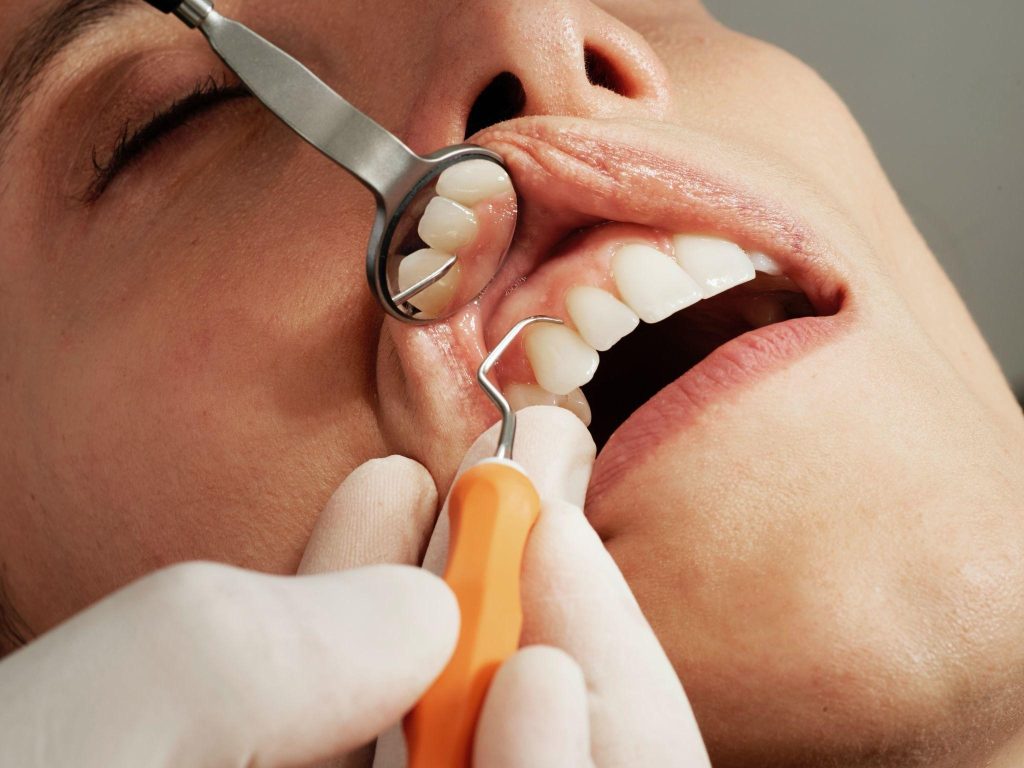
When it comes to paying for dental bills that are not covered by insurance, getting a dental loan might be a quick and flexible option. The following are some of the dental operations that may be covered by a dental loan:
● Dental implants.
● Veneers.
● Aligners for the teeth
● Braces.
● Crowns placed above teeth
What to do in an emergency?
What is the procedure for obtaining financing for dental care?
Personal loans are available from many different sources, including online lenders, certain banks, and some credit unions. These loans may be used for anything, including dental treatment.
Because the criteria for borrowers, interest rates, and loan terms vary depending on the kind of lender, it is in your best interest to pre-qualify with various lenders so that you may evaluate all of your available choices. The typical loans for dental treatment would have an interest rate between 6% and 36%, with a term length between 2 and 7 years.
Lenders will look at your credit score, income, and the amount of debt you already have to determine whether or not they will lend to you. In the event that you are granted a dental loan, the money will be sent into your bank account all at once in the event that you are authorized for the loan.
After that, you put the money from the loan toward the cost of your orthodontic or dental work. After this point, your payments to the lender will be constant each month until the conclusion of the agreement.
Loans for dental work: how to choose between several options
The annual percentage rate as well as any applicable fees Because it takes into account the interest rate as well as any costs that may be associated with the loan, the annual percentage rate (APR) for a personal loan may be larger than the interest rate itself. The origination fees that some lenders impose might be anywhere from 1% to 10% of the total loan amount. Additional potential costs include those for late payments and those that are returned.
Prerequisites for the borrower
Certain creditors demand borrowers to have a certain minimum annual income or credit score. Another possibility is that they will only let you have a certain level of debt in relation to your income; this relationship is referred to as the debt-to-income ratio.
It is now time to finance
While some lenders give same-day cash, others take up to a week. The application process may be sped up if you are prepared with all the necessary documentation and if you answer quickly to lender inquiries.
Terms of the repayment
If you take out a loan with a longer term, you may be able to reduce your monthly payments, but you could also end up paying more in interest over the course of the loan’s lifetime.
For illustration purposes, a loan of $2,500 with a duration of five years and an APR of 8% will demand a monthly payment of $50 and will cost a total of $541 in interest. If the same loan was taken out with a duration of seven years, the monthly payment would be $39; however, the total amount of interest paid would be $773.
You may determine which payback period is most suitable for your financial situation by using a personal loan calculator.

Dental financing for patients with poor credit
Fair or terrible credit may still allow you to acquire a dental loan, but you’ll incur a hefty APR. If you have poor credit and you want to get a dental loan, you should think about getting a co-signed loan so that you have a better chance of getting a reduced interest rate.
Loans with an annual percentage rate (APR) that is more than 36% should be avoided since this is the highest rate that is considered to be reasonable by financial professionals and consumer activists. A loan of $3,000 taken out over a period of three years at an APR of 36% results in roughly $2,000 worth of interest payments.
Alternative dental funding methods
When it comes to cost-effective methods of financing dental care, personal loans do not rank high on the list. Before committing to a personal loan, he suggests exploring your other available choices first.
The following are some more methods that may be used to finance dental work:
Your dentist may provide financing options
When you are confronted with a significant dental expense, you may be able to take advantage of a payment plan that is made available in-house by certain dentists. These plans, in contrast to traditional dental insurance, allow you to take use of their benefits even if you discover that you need costly treatment done. If you don’t have the option to finance, lån til tannlegebehandling can be an option to pursue. They can be an excellent choice for you if you don’t have health insurance or if you’d prefer to pay for the operation in installments rather than everything at once.
You might try to negotiate a cheaper price with the company that provides the service as well.
Dental school
In order for students to get practical experience while being supervised by experienced dentists, dental schools often provide students with discounted dental operations. You may look at the American Dentistry Association’s list of dental schools to discover if there is a school offering dental care in your area.
Medical credit card
Medical credit cards such as CareCredit are accepted at certain practices so that patients may pay over time. CareCredit has an annual percentage rate (https://en.wikipedia.org/wiki/Annual_percentage_rate) (APR) of 26.99%; however, certain dentists may offer 0% APR financing provided the debt is paid in full at the conclusion of the promotional period.
CareCredit provides payment periods of six, twelve, eighteen, and twenty-four months. Dentists may or may not provide 0% interest financing, therefore it’s important to verify with your preferred dentist.
0% credit card Introductory Rate Offers
The likelihood of getting a credit card with a 0% interest rate increases if your credit score is outstanding or exceptional (i.e., 690 or above). During the introductory period on these cards, which typically lasts between 15 and 18 months, you won’t be charged any interest on any purchases you make. If you are able to pay off your debt within the allotted period, you won’t have to pay any interest on the cost of the treatment.
Dental savings scheme
With a dental savings plan, you may pay a certain amount each year and then get discounts at participating dentist offices. Some insurance companies provide dental savings plans that policyholders may enroll in.





